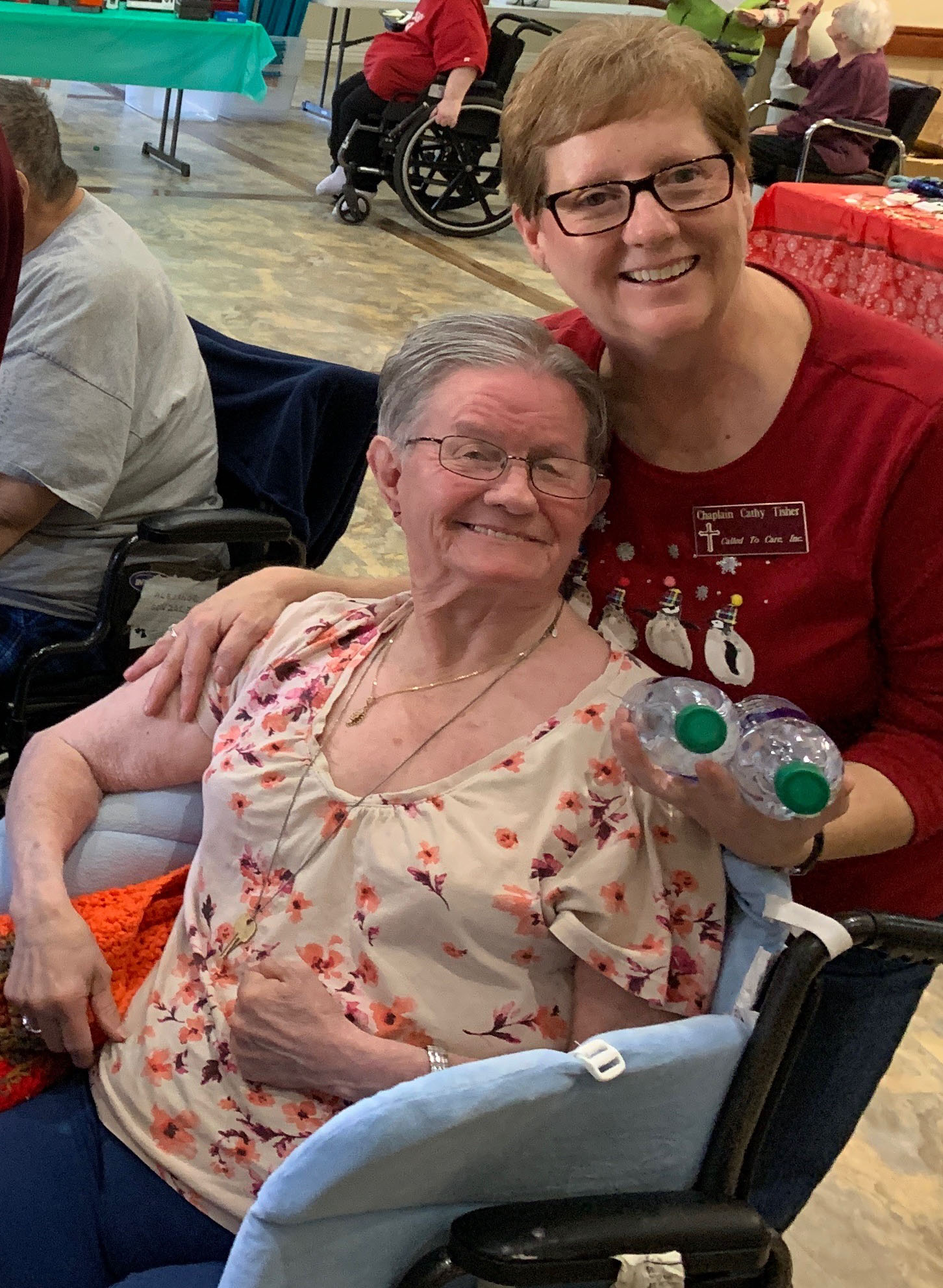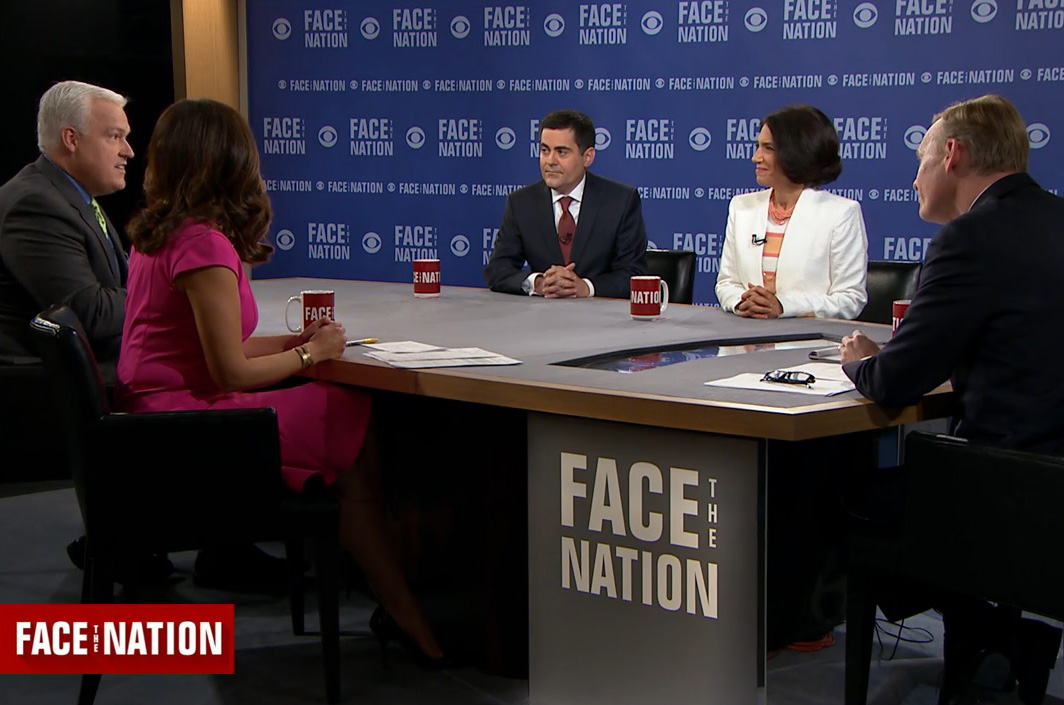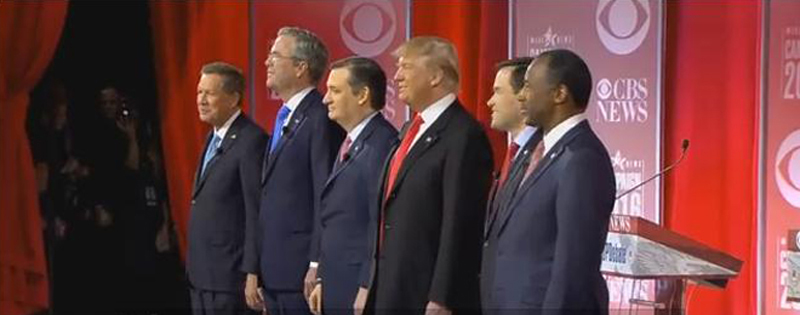
WASHINGTON (BP)–A school district’s ban on a Christian children’s club meeting after hours on an elementary school campus is an unconstitutional restriction on free speech when other organizations are allowed to use the premises, the U.S. Supreme Court was told in oral arguments Feb. 28.
Several of the justices appeared receptive to the arguments of the club and questioned the rationale behind the New York district’s policy.
The high court accepted the case, Good News Club v. Milford Central School, after lower courts ruled the school could exclude the club even though the Boy Scouts, Girl Scouts and 4-H Club were permitted to use school premises after hours. The school has a policy blocking use of its facilities “for religious purposes.”
The Good News Club, which met immediately after school on campus for 18 months before being barred, now meets at a local church. Good News Clubs, which are affiliated with Child Evangelism Fellowship, are open to children ages 6 to 12. The clubs teach moral lessons from the Bible, encourage Scripture memorization and seek to lead children to faith in Jesus.
The school cannot limit “free speech, even when it is a religious ceremony,” the club’s lawyer, Thomas Marcelle, told the justices. The school could bar all groups or limit the time and days groups meet on campus, but “Milford has drafted the broadest possible policy,” he said. “We’re not asking for unique access, just equal access.”
Associate Justice David Souter asked Marcelle if the “nub of the problem” was not the age of the children. It sounds to him “like Sunday school,” Souter said.
Marcelle disagreed, saying the children’s ages were not the problem. Parents must approve before their children are allowed to attend club meetings, he said.
Frank Miller, the school’s lawyer, told the high court, “We are required to be neutral, and to allow the use of a school building for worship would violate” the principle of neutrality.
Associate Justice Stephen Breyer, however, told Miller it appeared to him the school was discriminating against religion.
Breyer and Chief Justice William Rehnquist both questioned Miller about the applicability of a 1993 opinion in which the Supreme Court ruled against a New York school district in a case with similarities. In Lamb’s Chapel v. Center Moriches School District, the court unanimously decided the school violated the free speech rights of an evangelical church when it prohibited Lamb’s Chapel from renting space at a high school to show a film series on the family while allowing other groups to use its facilities.
The school had told the club’s sponsor Lamb’s Chapel-type activities would not be prohibited, Miller said. The club’s “viewpoint” was not being excluded, but its religious worship was, Miller said.
It was acknowledged during arguments, however, the Second Circuit Court of Appeals had not even referenced the Lamb’s Chapel decision in ruling against the Good News Club.
Associate Justices Antonin Scalia and Anthony Kennedy both questioned if what the Good News Club did constituted worship, and Breyer continued to press for an explanation why exclusion of the club was not discriminating against religion.
Miller contended the adult sponsorship of the club would conflict with the Equal Access Act, a federal law that allows student religious groups at the high school and college level to meet on campus after hours.
“What difference does adult-sponsored make?” Associate Justice Sandra Day O’Connor asked. “Girl Scouts are adult-sponsored.”
Scalia also disagreed with Miller’s appeal to the Equal Access Act.
“The Equal Access Act does not prohibit you from [allowing religious clubs to meet] at the elementary level,” Scalia told Miller. It just does not require such activities at elementary schools, he said.
The Southern Baptist Ethics & Religious Liberty Commission joined in a friend-of-the-court brief in support of the Good News Club. The brief was filed by the American Center for Law and Justice, with Focus on the Family also signing on to it.
Afterward, ACLJ Chief Counsel Jay Sekulow called the arguments “overwhelmingly positive.”
“I think the justices were saying they meant what they said in Lamb’s Chapel,” said Sekulow, who argued the Lamb’s Chapel case before the high court. He thinks they were signaling they are “not going to allow targeted discrimination,” he said.
He predicts another win “for equal access” by a 7-2 or unanimous vote, Sekulow said.
In their brief, the ACLJ, ERLC and Focus said the district’s policy violates both the establishment-of-religion and free-exercise-of-religion clauses of the First Amendment. The policy “creates, rather than avoids, establishment-clause difficulties,” the brief said. The district’s “decision to forbid meetings with ‘religious purposes’ necessitates government monitoring of meetings to ensure the absence of religious motivation. This is precisely the kind of entanglement that the establishment clause prohibits,” the brief said.
Other organizations on briefs supporting the club included the Baptist Joint Committee on Public Affairs, Christian Legal Society, Fellowship of Christian Athletes, Campus Crusade for Christ, National Council of Churches and Union of Orthodox Jewish Congregations of America.
Among groups supporting the school were Americans United for Separation of Church and State, People for the American Way, National School Boards Association and American Jewish Congress.
The Rutherford Institute assisted the Good News Club in the case.
An opinion in the case is expected before the court adjourns this summer.
In other recent actions:
— The Supreme Court refused to accept an appeal by landlords who argued an Anchorage, Alaska, ordinance violated their First Amendment religious rights. In Thomas v. Anchorage Equal Rights, two landlords contended the measure would force them to rent to unmarried couples, according to The Washington Blade. The Ninth Circuit Court ruled last year a federal court should have dismissed the case because no prospective tenant had filed a complaint against the landlords, according to the report.
— The high court declined to review a judgment in support of a rulebook for abortion clinics in South Carolina. In Greenville Women’s Clinic v. Bryant, the justices allowed to stand a Fourth Circuit ruling reinstating the 27-page book of regulations abortion clinics must comply with, according to The Washington Times.
–30–




















